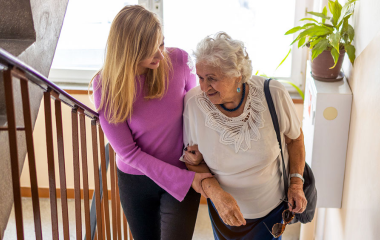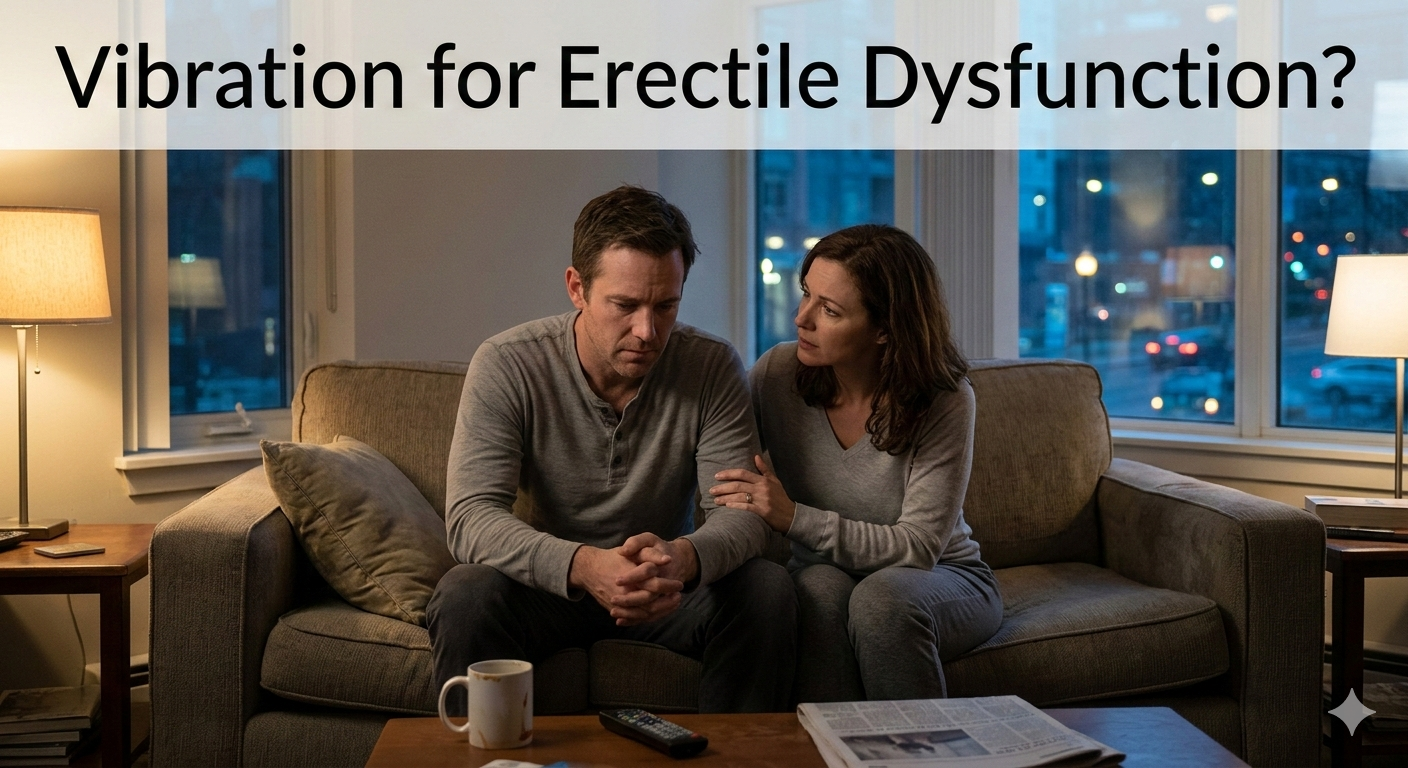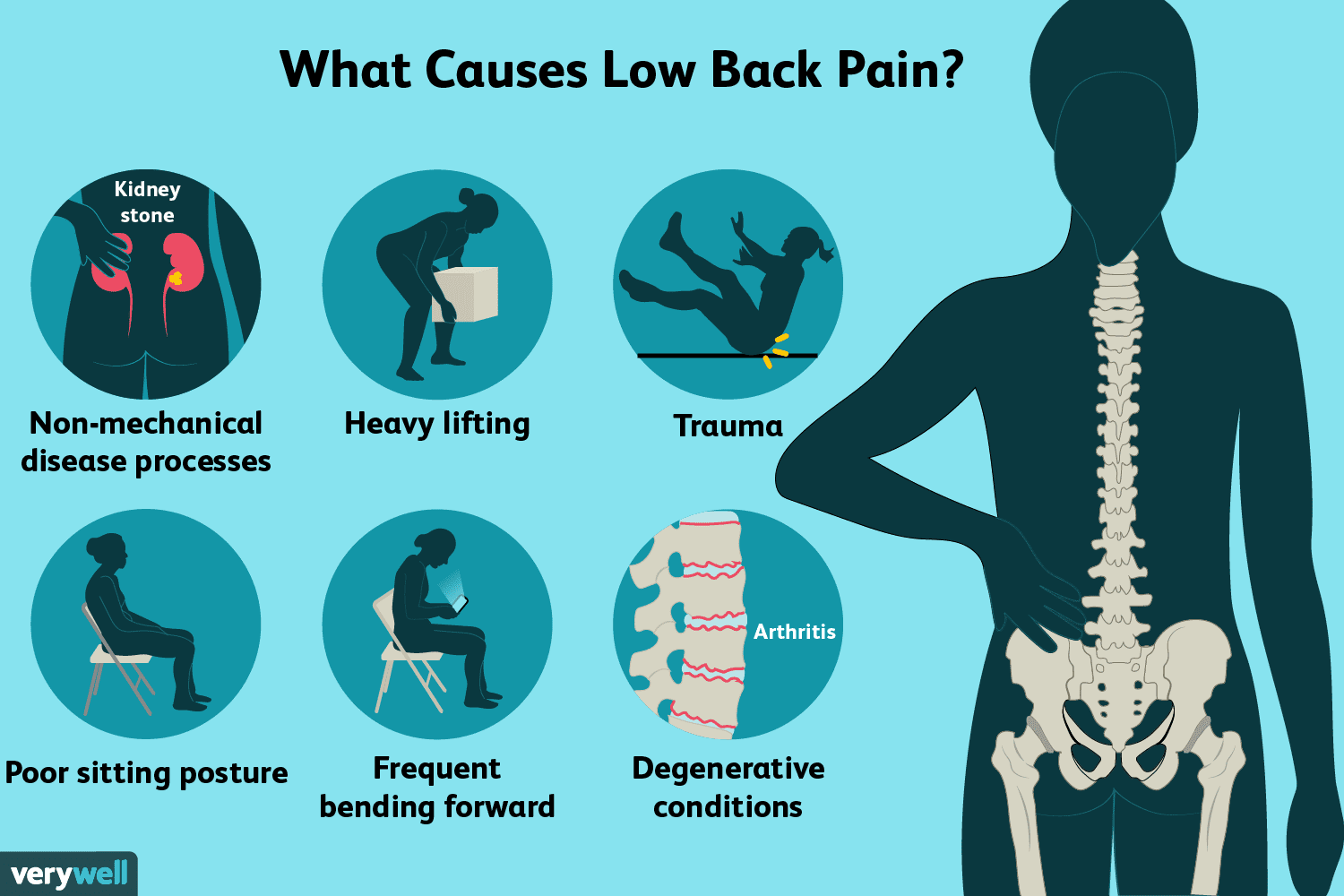Why do we choose to help one another? There are many reasons. You may be an altruistic person or lending a hand may be a cultural expectation.
Now, researchers are raising the possibility that sleep – or lack thereof – may be a factor in determining if we help each other. A surprising new set of research studies found that sleep loss may affect our generosity at an individual, group, and societal level.
Loss of sleep, loss of empathy
Researchers at University of California, Berkley, led three small studies to explore generosity at different levels.
In one study, they exposed a group of healthy adults to a night of 8 hours of sleep and a night with no sleep. Researchers scanned the participants’ brains after each night. After a sleepless night, areas of the brain involved in empathy and helping behavior were less active. In fact, 78% of study participants demonstrated a reduction in the desire to help others.
You’re less helpful after a night of poor sleep
In the next study, researchers tracked 136 people through online questionnaires and sleep diaries for a few days. They wanted to see if nightly variations in sleep affected their desire to help others.
They found that, when sleep quality worsened from one night to the next, there was a major decrease in “helping choices,” such as volunteering or holding a door open for a stranger.
Charitable donations dropped with a single hour of sleep loss
The third part of the study looked at how sleep loss affects generosity on a larger scale. The researchers analyzed data from over 3 million charitable donations made in the U.S. They focused on donations during the transition to daylight saving time in spring each year.
During the spring time change, we lose an hour of sleep. Interestingly, researchers found a 10% drop in donations in regions that change their clocks. This drop wasn’t seen in regions that don’t observe the time change.
They suggest that insufficient sleep triggered by the time change impacts donation behavior.
Conclusion
Together, these three studies suggest that sleep loss influences our empathy, generosity, and desire to help each other.
The researchers liken sleep deprivation to an infection given how it impacts our daily interactions with others. But perhaps getting enough, quality sleep could improve our compassion and kindness.
Reviewed by Andrea Matsumura, MD, MS
Source link
#Sleep #loss #affects #generosity #desire










